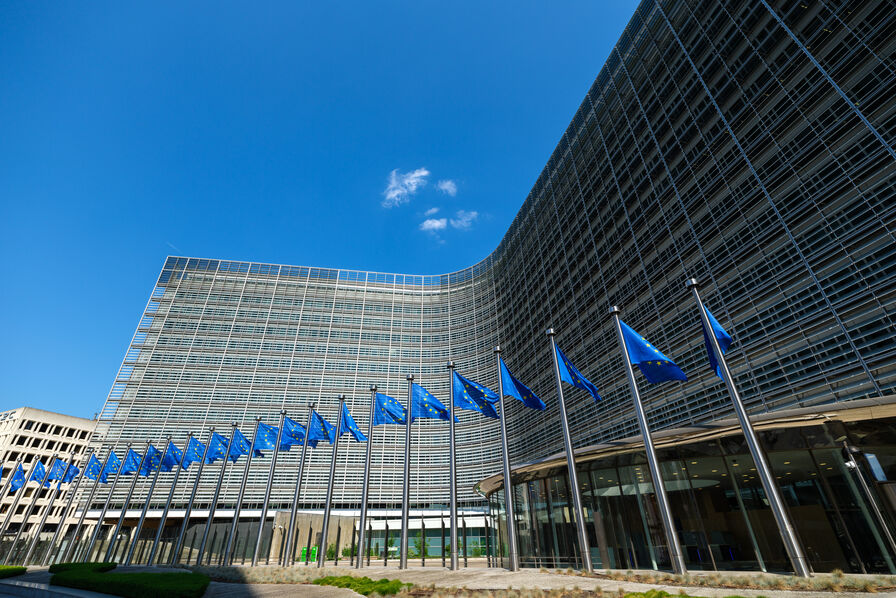Medef sees red, the International Federation for Human Rights applauds. Friday March 15, national ambassadors to the European Union (EU), meeting within the Committee of Permanent Representatives (Coreper), finally succeeded, after several failures, in giving the green light to the provisional political agreement on the directive on the “duty of vigilance”. This text, presented by the European Commission in February 2022, aims to oblige companies to monitor the impact of their activities on human rights and the environment. This concerns in particular child labor, slavery, labor exploitation, pollution, deforestation, excessive water consumption or damage caused to ecosystems. Germany initially refused to formally validate the text, causing a stir in the European capital.
The Belgian presidency of the Council of the EU, in charge until the end of June, has done everything possible to try to save this agreement before the European elections in June. Even if it means reducing the scope of the directive to bring together the conditions necessary for an agreement. Until the final stretch of the talks, the question of thresholds, to know which companies the new rules should apply to, was the subject of thorny negotiations.
A new version which reduces the companies concerned by two thirds
Ultimately, it is a threshold of 1000 employees and 450 million euros in turnover for European companies (and for non-European companies, 450 million euros in turnover, whatever the number of employees) which has been set. There was once talk of including so-called “high-risk” sectors in the text, for which lower thresholds would have been put in place, but this subtlety was simply abandoned. The provisional political agreement between the European Parliament and the Council of the EU envisaged applying the text to companies with more than 500 employees and a turnover greater than 150 million euros. According to observers, this turnaround reduces the number of companies affected by the new rules by two thirds.
What’s more, a “step-by-step” approach has been chosen (negotiators speak of “phase-in”): implementation will begin with only companies with more than 5,000 employees (and more than 1.5 billion euros turnover). The stages will be spread over five years. As for financial services, they are excluded from the scope of the directive. “A review clause will be provided with a view to possible future inclusion of the downstream financial sector on the basis of a sufficient impact analysis,” underlines the Council of the EU in a press release, as if to clear itself.
Medef nevertheless believes that “this proposed directive fails to achieve a reasonable balance between the need for responsible and sustainable business conduct and the preservation of business competitiveness”. The Dutch Lara Wolters, the rapporteur of the text in the European Parliament, is pleased to see that “humans and the planet have prevailed over cynicism”. She and her colleagues will have to make a definitive decision on this directive at the end of April so that it can then be applied in Europe.








